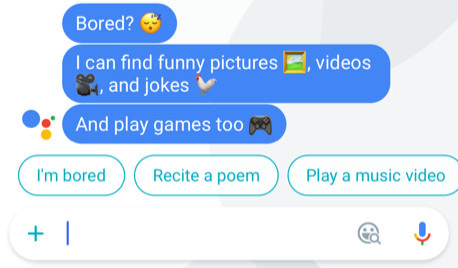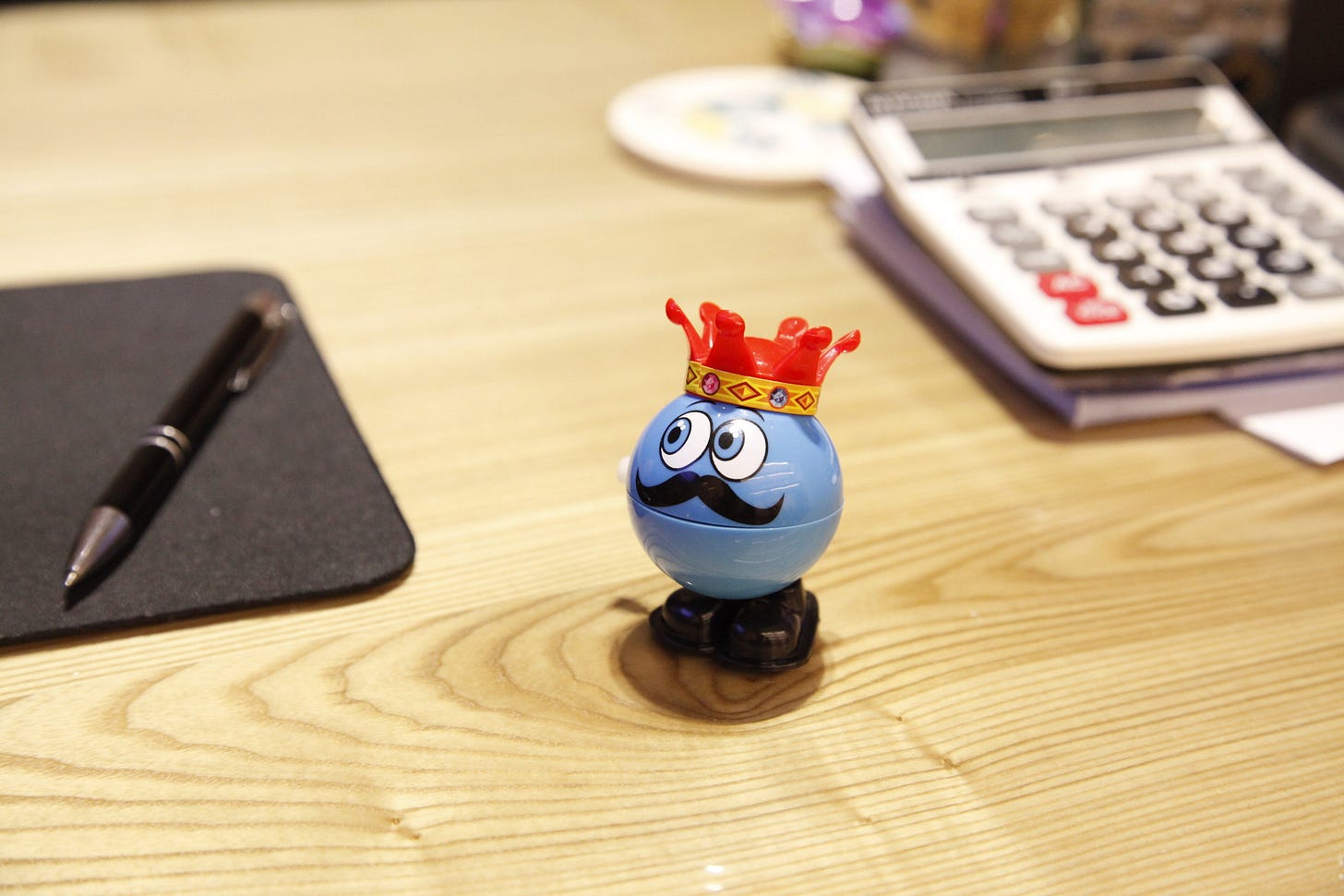3 Common Misconceptions about AI Assistants
I have an Amazon Alexa at home. When I see my own reaction to it, I know the memes are indeed true. Artificial Intelligence powered Assistants can induce strong reactions: Tulipmania or Disenchantment. Enlightenment or Fear. All of the above.
AI assistants are a new breed of software experiences. They’re digital and smart. You can type or just talk to them. They promise to be what most software isn't by doing things for you instead of waiting for you to tap away at a keyboard layout from 1873.
And they hold much potential for businesses and consumers and how we work. But let’s clean our glasses first before we look at the road ahead. In this first post of a three-part series, I’ll address some common misconceptions around AI Assistants.
1) AI Assistants are just a technology fad in La La Land
There is reason to believe the AI Spring is here, powered by capital, GPUs, big datasets, and the Cambrian explosion in deep learning. As the Economist/McKinsey write: AI is already contributing to a transformation of society “Ten times faster and at 300 times the scale, or roughly 3,000 times the impact” of the Industrial Revolution.
So why do people still think AI Assistants are a fad? Because many early AI Assistants seem like science experiments. Like this snapshot of Google Allo. Many little bits of useful functionality but still somewhat inchoate.
But things change fast in technology. Google just made its Assistant available on every Android phone, 6.0 and up. Breakthroughs in speech recognition have given human machine conversational parity and companies are dissolving AI faster than ever before into new assistive experiences, as we saw vividly at CES this year.
There are over 11 million Amazon Echos across homes and workplaces and people are yearning for more. As AI Assistants get smarter, they have the potential to create what Marc Warner calls supplemental thinking – the ability for you and me to have secondary brains and information processing. In other words, everyday compadres at work.
AI Assistants may be the vehicles to finally bring the promise of ubiquitous computing to our workplaces.
2) AI assistants will sound and feel like Jarvis or Samantha or...
Hollywood has created memorable AI characters such as Jarvis in Iron Man, Samantha, the AI in the movie Her, and many others.
But Jarvis was originally the loyal Stark family butler who remained as an AI as the series evolved, and Ava is, well, just a peek into Spike Jonze’s imagination. Real-world AI Assistants will have many more forms and functions than imagined by Hollywood.
Some AI assistants will materialize on our tablets and phones and our ear pods, some in smart homes, offices, and cars. Some assistants may only exist to schedule meetings or accelerate mobile text and voice entry or to reimagine car safety and relaxation.
AI personality design is still nascent. Remember, even Facebook now offers several dozen gender options.
(3) AI assistants will be useful only for “administrative” tasks
In other words, little tasks that fill up our work hours and lead us to multi-task and drain the energy reserves in our brain. Setting reminders, scheduling a meeting, finding little nuggets of information. Sending those nuggets to specific collaborators. Given the current state of AI, there's enough reason to believe AI Assistants will excel in tackling our administrative workplace tasks in the coming years.
And by doing so, Assistants will free us to focus on generating new ideas, delighting customers, collaborating better through deep work - the recipe for peak productivity.
AI Assistants can do more than just admin tasks. They can be a Swiss army knife for even deep work.
But they can do more. AI Assistants can remind us about tasks we are most likely to forget, show us patterns across information silos, point us to new opportunities in our work networks, and become companions we work with everyday.






